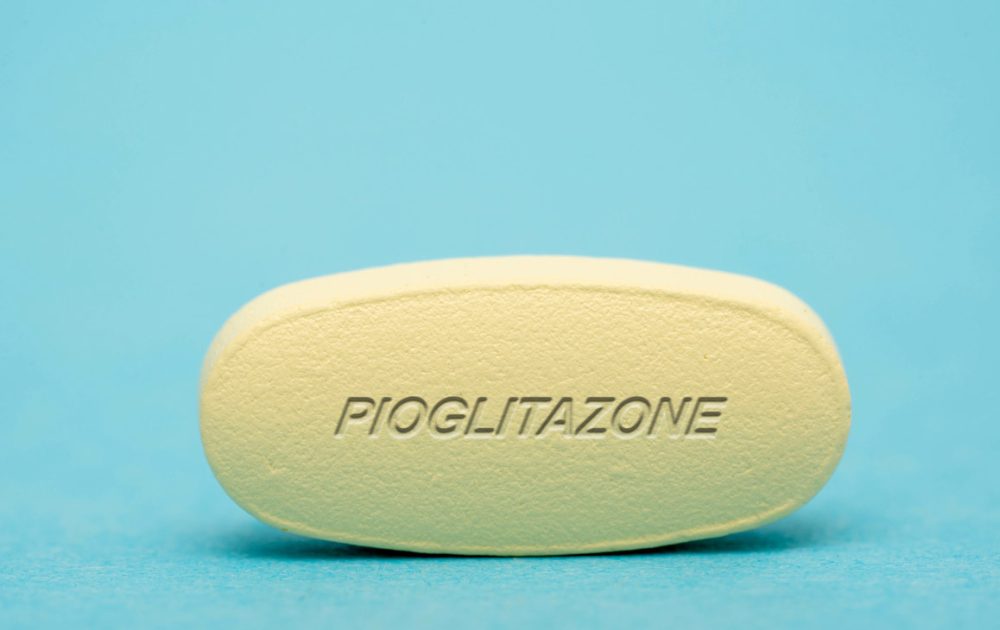Advertisment
Diabetes drug appears to help prevent dementia

New research shows that patients with newly diagnosed type 2 diabetes who received treatment with the diabetes drug pioglitazone were less likely to go on to develop dementia than similar patients who were not treated with the drug.
The findings were published on February 15, 2023 in Neurology.
“These results provide valuable information on who could potentially benefit from pioglitazone use for prevention of dementia,” said study author Eosu Kim, MD, PhD, of the College of Medicine, Yonsei University in Seoul, Republic of Korea. “In some previous studies of people with dementia or at risk of cognitive decline who did not have diabetes, pioglitazone did not show any protection against dementia, so it’s likely that a critical factor affecting the effectiveness is the presence of diabetes. More research is needed to confirm these findings,” he added.
As background, the authors noted that prior research has indicated that patients diagnosed with diabetes are twice as likely to develop dementia as those who have not been diagnosed with diabetes.
The investigators identified persons in the Korean health database who were newly diagnosed with type 2 diabetes and who did not have dementia. The investigators tracked these subjects for an average of 10 years.
Of these 91,218 subjects, 3,467 were treated with pioglitazone.
The researchers reported that 8.3% of the subjects treated with pioglitazone developed dementia, compared to 10.0% of the subjects untreated with the drug.
After adjusting for other health and lifestyle factors, they found that subjects using pioglitazone were 16% less likely to develop dementia than those untreated with the drug.
The protective effect of pioglitazone was greater for subjects with a history of ischemic heart disease or stroke, with reduced risks of developing dementia of 54% and 43%, respectively.
The prophylactic effect of the drug appeared to increase with longer use. At four years, subjects treated with pioglitazone were 37% less likely to have developed develop dementia than untreated subjects. At one or two years, pioglitazone treated subjects were 22% less likely to develop dementia than untreated subjects.
Subjects treated with pioglitazone were 19% less likely to have had a stroke during the period of the study.
The authors concluded, “Pioglitazone use is associated with a lower risk of dementia in DM [diabetes mellitus] patients, particularly in those with a history of stroke or ischemic heart disease, suggesting the possibility of applying a personalized approach when choosing pioglitazone to suppress dementia in DM patients.”





